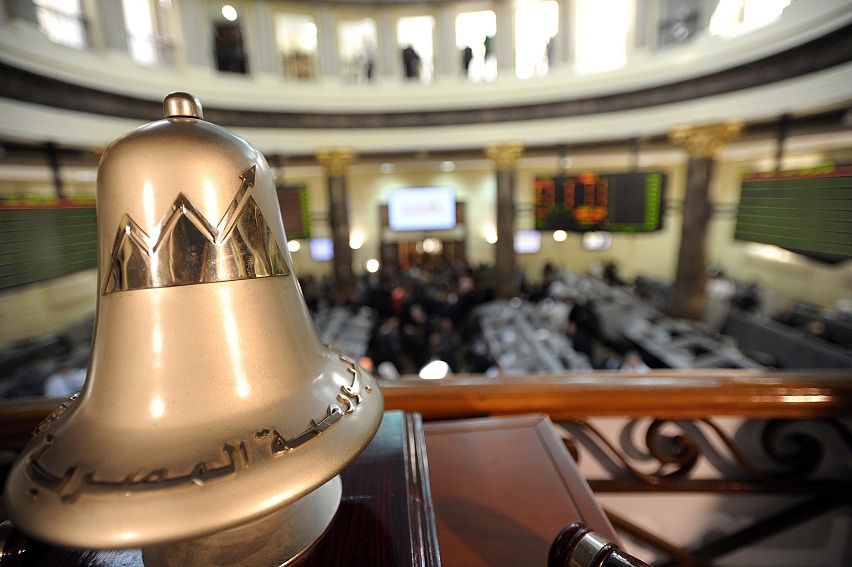CAIRO: A boom in construction and infrastructure spending will help drive an estimated 36 percent increase in Egypt’s production of reinforcing steel by 2017, an Egyptian steel official said on Monday.
The country’s output of reinforcing steel, known as rebar and used in the construction industry, will reach 15 million tons per year by 2017, up from about 11 million tons in 2011, Mohamed Sayed Hanafy, general manager of the Chamber of Metallurgical Industries, told Reuters.
"There is a very big shortage in property units in Egypt. The country needs to build some 1 million units per year for 10 to 15 years to meet that rising demand," Hanafy said.
Demand for new housing in the Arab world’s most populous nation has kept its construction sector strong despite the global economic downturn, making Egypt a major market for steel exports, mainly from Turkey.
Egypt’s large and growing middle class, seeking new homes before marriage, would be a boost for steel firms and property developers for about two decades, he added.
Analysts also say that state infrastructure spending will keep demand for the commodity buoyant.
Hanafy said steel licenses to be awarded by Egypt’s Industrial Development Authority (IDA) would boost production capacity of the metal and decrease imports of raw material products.
The IDA invited in October bids for steel licenses for plants with an annual capacity of 2 million tons of rebar and 1 million tons of billet. Winners of the licenses are expected to be announced this month.
Resilient construction growth has prompted Turkish steel producers to look to the north African country, which led Egypt to begin in October an investigation into possible dumping of Turkish steel, Hanafy said.
Rising Turkish imports in 2009 drove some Egyptian producers, including Egypt’s largest steel producer Ezz Steel, to call for anti-dumping action.
Hanafy said Egypt’s steel imports last year were about 3 million tons, with around 90 percent coming from Turkey.
Veysel Yayan, secretary-general of the Turkish Steel Producers Association, told Reuters in January that any anti-dumping action would violate a bilateral free trade deal.
Hanafy said the Trade Ministry was reviewing documents related to the dumping issue, and a decision was expected in the first half of 2011.



